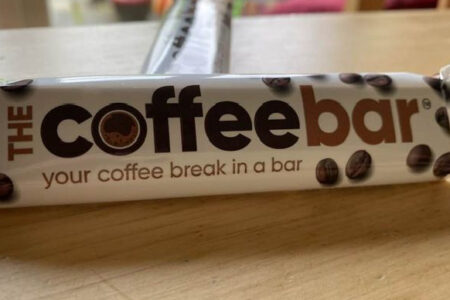The price of Brexit

The pricing spat between Unilever and supermarket retailer Tesco that saw well-known brands temporarily unavailable online is “just the beginning”, according to one analyst, who has described the current pricing at UK retailers “unsustainable for manufacturers”.
The row, which broke out last week, came after Unilever requested a 10% price increase across its FMCG brands, including Marmite and Ben & Jerry’s ice cream. The move, which was resisted by Tesco, was to compensate for the weakening of the British pound.
Although the row was resolved in the same week, now analysts and even politicians are warning that this could be a sign of things to come as a result of the UK exiting the European Union (EU).
Euromonitor International analyst Jack Skelly noted, “Brexit is simply the trigger. The current pricing strategy at UK retailers is unsustainable for manufacturers.
“Subsequently, it is likely that this very public falling out is just the beginning. More companies – particularly those who produce or source raw materials from outside the UK – will be expecting retailers to increase prices. This could involve other FMCG titans such as Mondelēz International and Pepsi, as well as non-food companies such as Procter & Gamble. If raw material costs increase, this will affect products made within the UK, including the likes of Nestlé.”
Skelly added that for some time, retailers have held the power in relationships with manufacturers – private label market share has grown and pricing difficulties have only affected specific products, such as chocolate, and specific manufacturers (Mondelēz and Ferrero).
“Yet the effects of Brexit have the potential to hit manufacturers across the board. Compromise solutions will have to be met; whatever solutions those are, they are likely to be unpopular with shoppers,” he explained.
Separately, in a report published by the Liberal Democrats earlier this week, politician Nick Clegg said in the event of a hard Brexit, manufacturers face the prospect of large price hikes in raw ingredients, both from domestic production and from the increased cost of imports once tariffs are applied.
With 70% of imported food coming from the continent, the former Deputy Prime Minister added, “Consumers will inevitably have to bear the knock-on cost of these pressures, while also seeing the price of imported foods rise, including popular products which we are accustomed to buying cheaply.”
This includes chocolate, which according to Clegg, will face a 38% tariff.
The report noted that confectionery producers on the continent may also decide to reopen the long-running battle with the UK over the definition of chocolate. For years, EU rules prevented products such as Cadbury’s Dairy Milk (which is high in milk solids, but low in cocoa fats) from being marketed as ‘chocolate’.
While the UK secured rules in 2000 that ensured UK chocolate had the same status as the continental version, Clegg added, “Once we leave the EU, it is entirely possible that pressure will mount to revert to the previous approach, thereby putting British manufacturers like Cadbury’s at a competitive disadvantage.”



